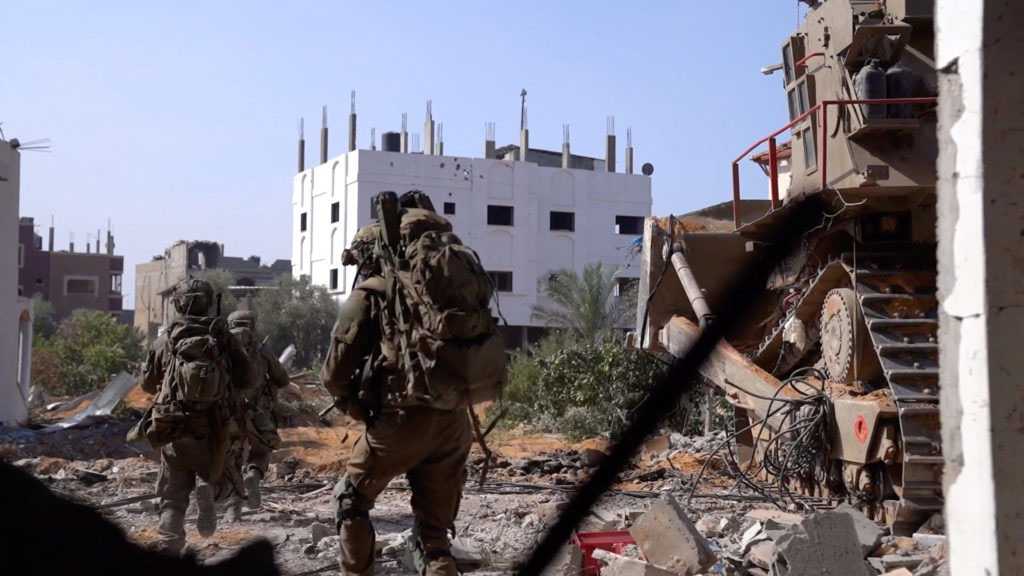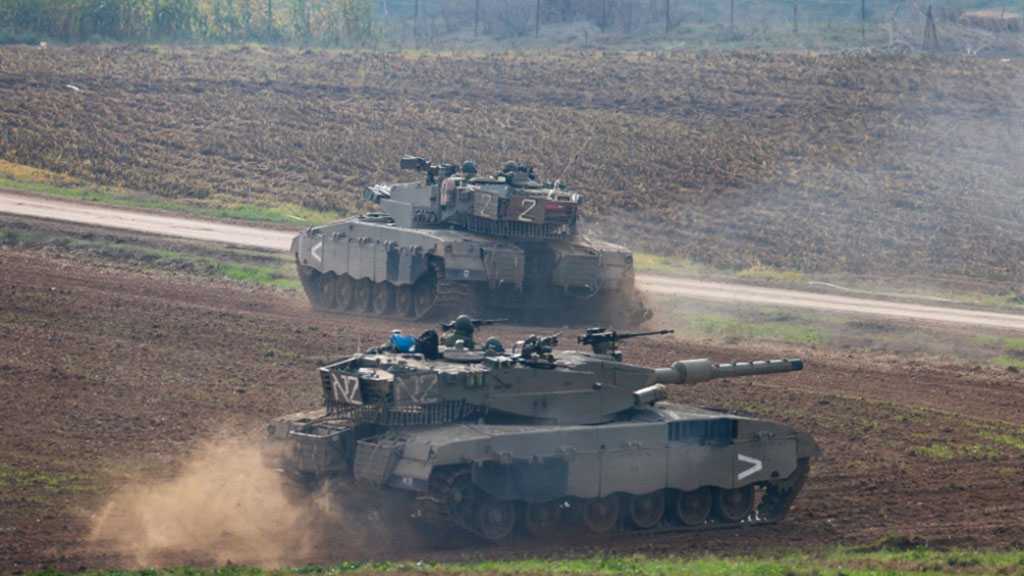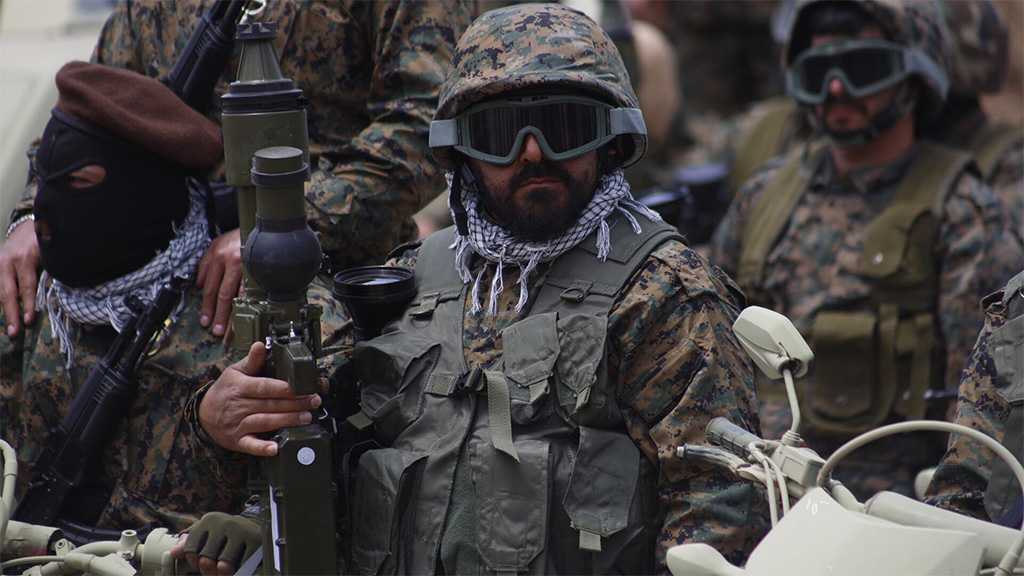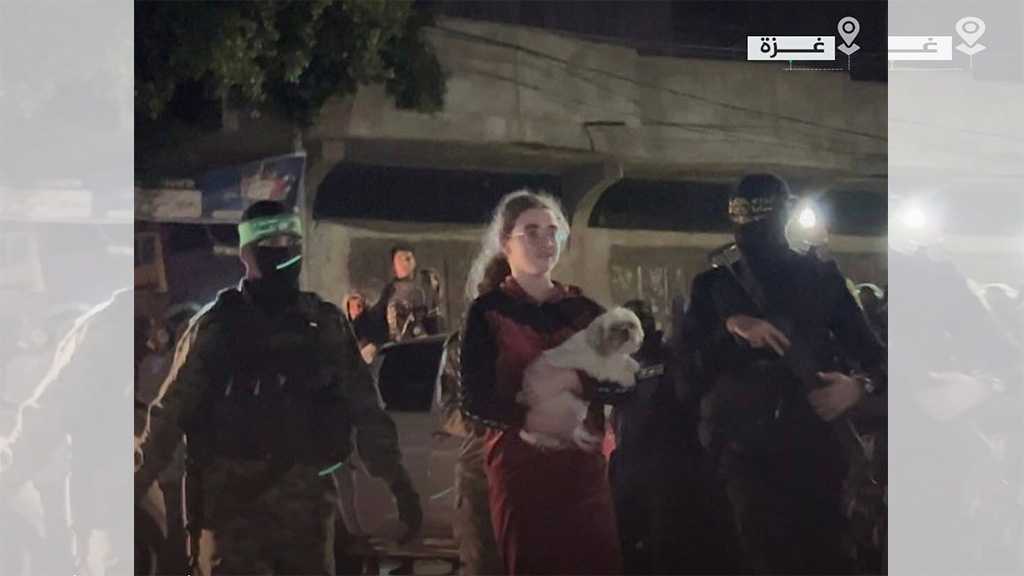
Shamkhani: Some Countries Oppose Legitimate Syrian Gov’t, Neither Have Parliaments, Nor Hold Elections
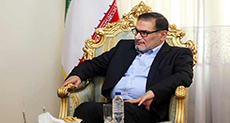
Mokhtar Haddad
Secretary of the Supreme National Security Council of Iran, Ali Shamkhani, stressed that any project that does not recognize the Syrian people's role in determining their destiny will fail, noting that the attempts to weaken the Syrian regime represent an American Zionist project from the beginning aimed at destroying the resistance front.
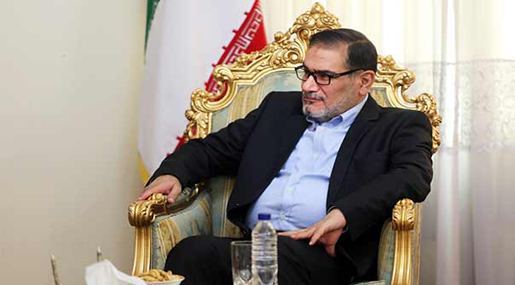
In an exclusive interview with al-Ahed news website, Shamkhani considered that "dividing terrorism into "benign" and "malignant" will lead to stabilizing it", stressing that "Hizbullah eliminated the shadow of Takfiri terrorism from the Muslim peoples."
Regarding the developments in Turkey, Shamkhani asserted his country's supportive stance to the Turkish government, noting that Tehran opposes any step that shakes Ankara's security and stability.
On the Saudi side, he considered bombing the Yemeni people and besieging them on in terms of food and medicine, as well as not offering a guarantee to provide security for pilgrims, and establishing relations with the Zionist entity are examples of the Saudi rulers' policy which opposes the Muslim world's interests.
Secretary of the Iranian Supreme National Security Council explained the Islamic Republic of Iran's position towards the latest regional developments, and combatting terrorism in Syria and Iraq, the military coup in Turkey, and the Saudi aggression on Yemen.
Shamkhani further considered that "the Islamic Revolution in Iran formed the beginning of the era of Islamic awakening," adding that the "oppressed peoples in the region, especially in Palestine and Lebanon, by drawing inspiration from this revolution, and adhering to Imam Khomeini's teachings, were able to damage the Zionist entity's weak hegemony."
Asked about Hizbullah's position and role in combatting Takfiri terrorists and saving Lebanon and Syria's security, Shamkhani recalled that "the Islamic Resistance in Lebanon is the first Arab and Muslim resistance movement that was able to serve a huge defeat to the Zionist enemy by liberating South Lebanon in 2000, and the 33-day war in July 2006," concluding that "Hizbullah's activities today eliminated the shadow of Takfiri terrorism from the heads of the Muslim peoples."
"Hizbullah played an important role in defeating terrorist groups in Syria and saving Lebanon's security," Shamkhani added, noting that "Hizbullah's wide popularity in the Arab and Muslim world angered both the Zionist entity and its collaborators."
Regarding Iran's position on the developments in the Syrian crisis, Shamkhani renewed his country's firm position that "identifying any country's destiny and future happens only through its people," concluding that "any project that doesn't acknowledge the Syrian people's role in determining its destiny, or that wants to impose its conditions by force and military intervention, will definitely fail."
While recalling that the project of weakening the regime in Syria was since the beginning an American and Zionist project aimed at damaging the resistance front, Shamkhani expressed regret that some regional countries are participating in this conspiracy under the pretext of supporting the people, in parallel by contributing to making Daesh [the Arabic acronym for the terrorist "ISIS" group], and the financial, security and military support for the terrorists, which led to the killing of thousands of innocent civilians.
Shamkhani further wondered how some countries oppose the legitimate government and discuss democracy in Syria while they neither have parliaments nor hold elections.
"The countries that support the Daesh terrorist organization, and their intelligence apparatuses, believed that they could confine Daesh's activity to Syria and Iraq in order to kill Muslims, yet they discovered their fault recently as they witnessed that Takfirism uses whatever means to kill innocent people and spread terrorism in their countries."
The representative of Imam Sayyed Ali Khamenei in the Supreme National Security Council called for monitoring and confronting all terrorist groups and their different faces, noting that "granting those groups political legitimacy through dividing them into "benign" and "malignant" will lead at the end of the day to stabilizing terrorism in the region, and will have bad results in Europe and the neighboring countries."
In a related context, Shamkhani congratulated the Syrian and Iraqi armies, and the popular committees in both countries, on their latest field victories, and for liberating cities and towns, stressing that local patterns to fight terrorism, and the military cooperation between Iran, Russia and Syria were very successful, while concluding that "through continuous follow-up for this project, the terrorist groups are heading towards being vanished."
Shamkhani also noted that the priority to combat terrorism dominates - time-wise - the internal changes and reforms in Syria, stressing the necessity to respect Syria's national sovereignty in combatting terrorism, while considering that "any military intervention to fight terrorism should happen via coordination and at the request of the Syrian government, which is applied by Iran, as it offers its consultative services upon the official request of the Syrian government."
Elsewhere in his conversation, Shamkhani drew his attention to the developments in Turkey, in which he stressed that "at the same time that some regional countries had inconsistent positions on the military coup in Turkey, looking for their own interests within this issue, Iran condemned this coup from the very first moments, considering it a violation of democracy and popular sovereignty."
He asserted that Iran's position includes supporting the legitimate Turkish government, and that Iran denies any measure that affects stability and security in Turkey, and considers it against the principal interests of the Turkish people.
"Our stated positions are not only limited to Turkey, we are in Syria because of supporting the same policy," Shamkhani said, adding that the governments elected by the people are better than the tribal and inherited governments of which there are examples of in our region."
Regarding Iranian-Saudi relations, and on the issue of Iranian pilgrims not participating in the Hajj ceremonies for this year and the reasons behind it, Shamkhani stated that "unfortunately, due to House of Saud's hindrance and obstacles they are placing on the path of Allah, Iranian pilgrims, who are still mourning the martyrdom of 500 Iranians in the Mina tragedy, couldn't participate in the Hajj rituals this year."
He also added that "the Saudi bombardment of the Yemeni people in the holy month of Ramadan, imposing a food and medical siege on this Muslim nation for more than a year, not offering guarantee for the pilgrims' security, allying with the infidels and opening relations with the Zionist entity are examples of the young Saudi rulers' policies that oppose the Muslim world's interests," harboring hopes that the Muslim world scholars would take suitable stances in which they seek to change such policies.
Source: al-Ahed news, Translated and Edited by website team
